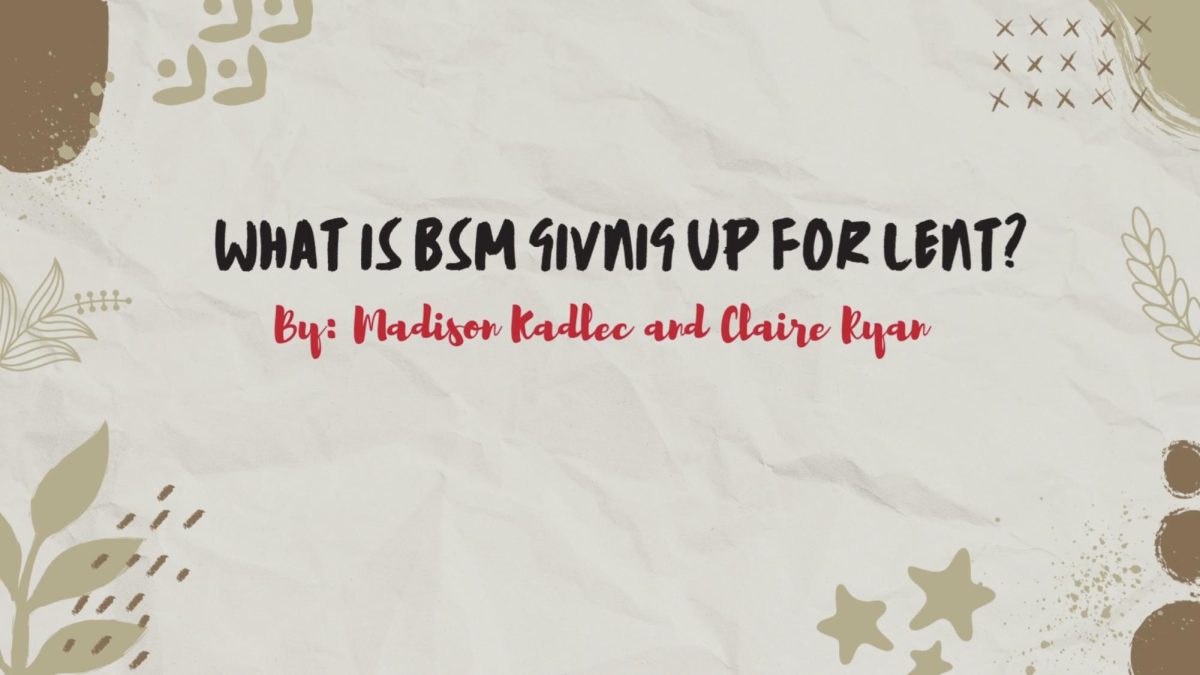Staff Editorial: Participation grades unfairly reward extroverts
“Everyone should be contributing to our discussion,” the teacher says loudly over the quiet hum of the classroom. “Participation will be a very noteworthy part of your grade.” While some students have never even considered the implications of this type of assessment, others are left with mediocre numbers “reflective” of their ability to contribute.
The motives for such an evaluation are understandable; teachers want their students to be able to articulate their thoughts and opinions in front of others. It’s all part of cultivating students who are able to command and lead. However, the execution of this evaluation could not be more unfair to those without one basic and necessary quality: extroversion.
The divide between those who are extroverts and those who are introverts is obvious in the classroom setting. Participation grades are the most biased part of this divide.
Extroverts speak to think, while introverts think to speak. Although this is the most general definition, it explains volumes. Participation grades are for those who can keep up with the discussion––who speak to think. Introverts are often left in thought, possibly coming up with a response well past its pertinent timeframe.
This is not to say that introverts are slow or cannot make applicable responses, but just that they must process further before speaking and vocalizing their thoughts may be a challenge.
The situation worsens when students are graded on their discussion of personal details such as their spirituality, family anecdotes, or personal experiences. By using this type of discourse in the classroom, a teacher not only gives unfair advantage to extroverts, but even goes as far as to challenge the introverts to share as if they were comfortable.
Furthermore, although they may benefit from classroom discussion, there is no purpose to assessing students on their personal views and experiences. In the end grades should weigh on the student’s work ethic and ability to grasp concepts, which does not need to be proved through open discussion. Grading students based on their willingness to share is not only academically nonsensical, it is unacceptable.
To expect or require a sort of discussionary contribution is not a just evaluation of a student’s comprehension of material. Knowledge is not always reflected by classroom motivation. A more fair judgment of participation is to grade on the somewhat less tangible attentiveness. And while this may be more challenging, it also gives the teacher a better opportunity to reflect on the makeup of the class.
Simply because an introverted student does not speak up does not mean that they aren’t paying attention, reflecting, or even thinking about the topic. It is unfair to assume that participation is entirely based upon speaking out. It is almost as if teachers use participation grades as a meaningless method of enforcing attentiveness.

















































Katherine • Jan 20, 2016 at 9:03 pm
When I teach my English class, I am there to teach my students English.
I am NOT there to teach them how to crack funny jokes with their bosses, how to small talk, how to socialize, how to be a buddy that people can have a couple beers with. I am not going to determine my students’ grades by their social skills, and I am certainly not going to determine my students’ grades by their physical appearance, which is usually what helped them develop those social skills during adolescence.
I am there to teach them the English language, period.
Mick Hawkins • Nov 14, 2013 at 7:50 pm
Sorry, the world doesn’t work that way.
Participation in discussion and decision making is required in most job situations.
Interestingly enough, most teachers are introverts. They bring a lot to the table like
thinking before speaking, digging deeper into the topic, and a perspective not offered
by the extrovert.
Yes, an introvert will be more tired and more drained at the end of the day, but the
class and the world needs your contributions. Leadership training offered in the high
school classroom setting needs hard working participants to bring the lessons learned
into the future. Everyone is “harmed” by simply sitting and not participating.
M. Hawkins